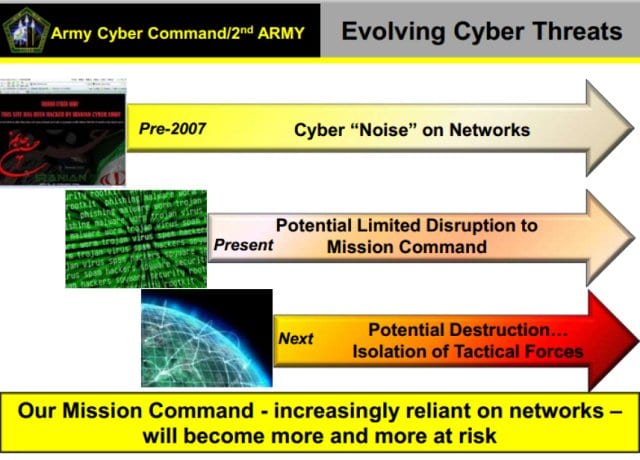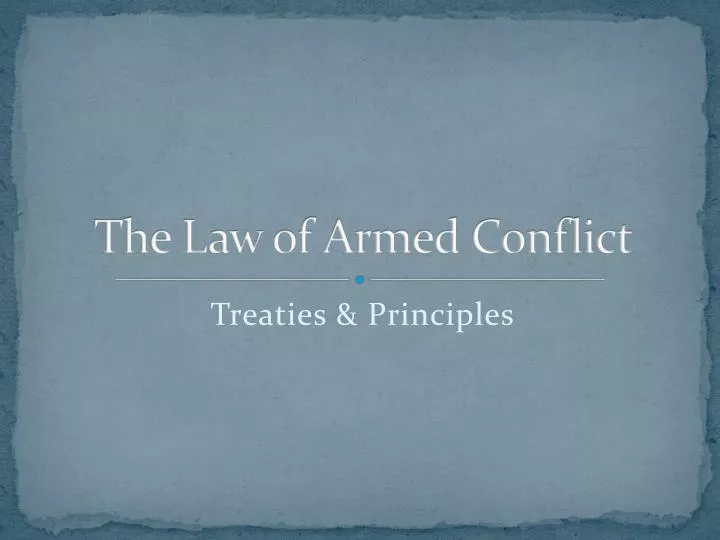


Instead, the newer scholarship foregrounds the political conditions, processes, and forces (including discourses of civilization, empire, race, and gender) that originated the law and that remain embedded within it. Most obviously, the findings of this growing body of revisionist scholarship complicate the largely progressive narrative of IHL’s evolution (in the direction of greater “humanization”) which has long characterized academic debate and popular commentary.

(2) Simultaneous with these important debates, a new wave of multidisciplinary scholarship is demonstrating that our understanding of the political origins, trajectory, and effects of the older law of armed conflict remains rather limited, and that truncated grasp of the law’s complicated trajectory and nature may hinder not just how we analyze its past and present, but also how we conceptualize its potential future development. (1) For practitioners, lawyers, scholars, and policy-makers, these challenges pose critical questions about IHL’s regulative adaptability and even about its very legitimacy. The law of armed conflict, also known as international humanitarian law (IHL) or the law of war, is seeing reinvigorated discussion lately owing to the appearance of newer threats and technologies, including cyberwarfare and autonomous weapons, as well as to the continued proliferation of gruesome violations of the law, including portions of it previously thought to be well-accepted. This post draws on his recent research, particularly his book Lawmaking under Pressure: International Humanitarian Law and Internal Armed Conflict forthcoming (Cornell University Press 2020). He writes on the history and politics of international law, with a focus on humanitarian law and human rights. His work has appeared in International Organization, International Studies Quarterly, European Journal of International Relations, and European Journal of International Law, among others. Giovanni Mantilla is University Lecturer in the Department of Politics and International Studies at Cambridge University, and Fellow of Christ’s College and the Lauterpacht Centre.


 0 kommentar(er)
0 kommentar(er)
